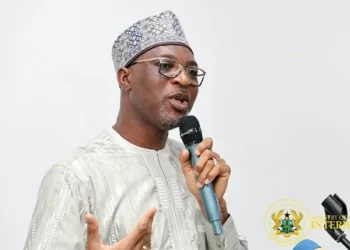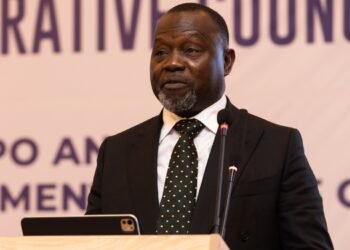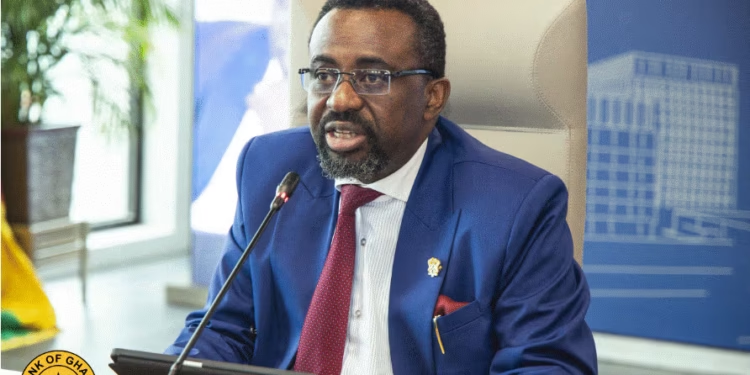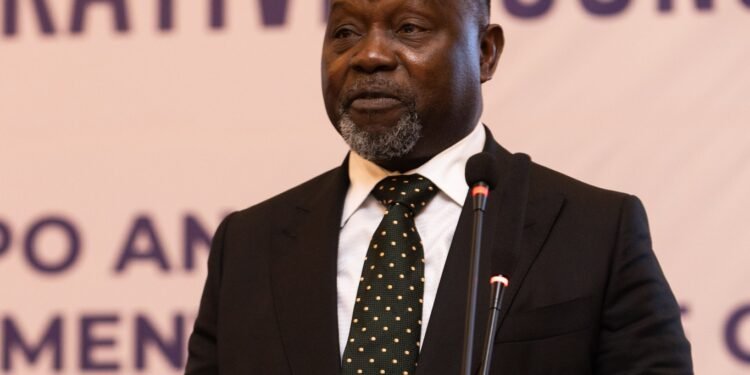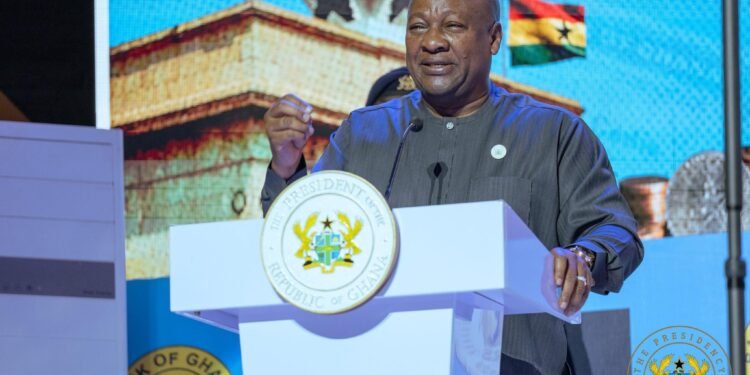Recent NPP reform plans have come under sharp criticism from legal scholar and governance expert Professor Stephen Kwaku Asare, who warned that the newly announced reorganization roadmap appears more like a strategic power grab than a genuine effort at internal renewal.
The New Patriotic Party’s (NPP) controversial timetable for internal reforms schedules polling station elections for December 6, 2025, followed by presidential primaries on January 31, 2026—well before the election of party executives, whose dates remain unspecified.
Professor Asare, a Democracy and Development Fellow at the Center for Democratic Development (CDD-Ghana), sharply criticized the sequencing of the party’s internal processes, warning that it could severely undermine party renewal and weaken Ghana’s democratic culture.
In his view, the rushed nature of the timetable reflects a party more interested in control than in meaningful reform after its defeat in the 2024 general elections.
“This sequencing is not just unconventional. It is dangerous, both for internal party democracy and for the integrity of Ghana’s broader political system. How does a party that just lost national elections rush to select its next presidential candidate before restructuring its grassroots and executive base?”
Professor Stephen Kwaku Asare
According to Prof. Asare, pushing ahead with a presidential contest before conducting essential internal elections amounts to “planting seeds in soil that has not been tilled.”
He argued that such a move undermines the principles of accountability and suggests the party is uninterested in genuine reform.
A major focus of his criticism is the NPP’s failure to conduct a transparent and public evaluation of its 2024 electoral defeat.
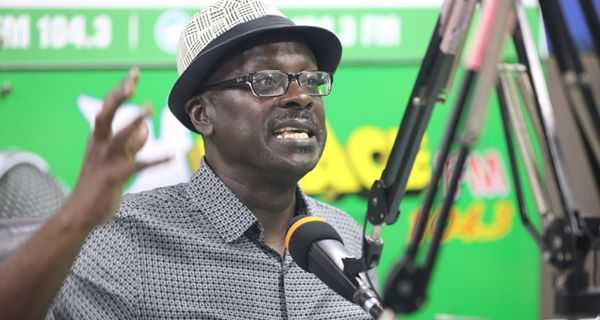
He emphasized that the party has not presented an honest review of its campaign shortcomings, arguing that the absence of such introspection undermines the credibility of its current reform timetable.
He raised critical questions about lessons the party should have learned: “What mistakes were made? Which policies backfired? How did leadership decisions shape the outcome?”
He believes the absence of clear answers reveals a party that is avoiding difficult realities.
The decision not to release a post-election review, in his view, suggests a leadership either in denial or more focused on protecting individual interests than upholding core values.
NPP Reform Agenda, Power Recycling
Prof. Kwaku Asare also criticized the ongoing influence of party executives who oversaw the NPP’s 2024 electoral loss.
He pointed out that these same figures are now leading what is being presented as a reform effort. Rather than initiating real change, the party seems to be reinforcing its old leadership and presenting it as a fresh start.
In his view, true reform must begin with accountability. However, he argued, the NPP’s current direction appears to be more of a recycling exercise—retaining old hands while sidelining grassroots voices. “This is not reform. It is recycling.”

Another core concern raised by Prof. Asare centers on the party’s internal electoral structure, especially the delegate system.
He pointed out that the NPP reform blueprint fails to address the power imbalance where a small number of delegates—often influenced by financial inducements or incumbency—hold disproportionate sway over decision-making. “Ordinary party members remain voiceless in decisions that affect the entire party,” he noted.
“If the party is truly serious about reform, it must democratize its processes and empower the base, not just rebrand the elite. We have been saying this since 2005.”
Professor Stephen Kwaku Asare
Prof. Asare’s cautionary message is clear: the NPP is heading down a precarious path if it ignores calls for grassroots empowerment, transparency, and genuine accountability.
He warned that the current timetable paints the picture of a party that seeks a presidential candidate before fixing internal structures, avoids confronting its past, keeps the defeated in charge, and sidelines its membership.
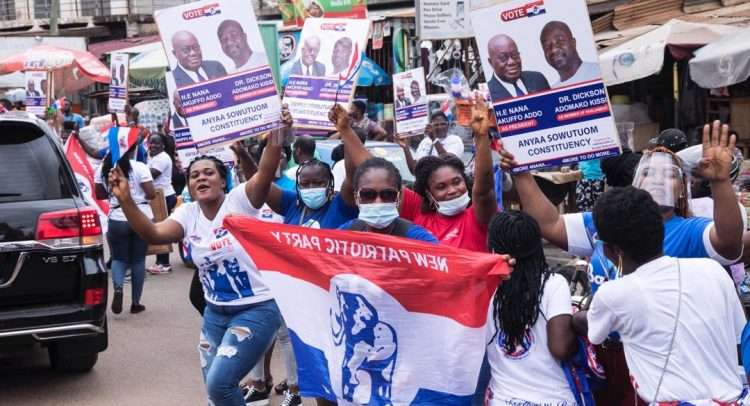
“This is not renewal. It is a retreat disguised as progress. If the NPP wants to be taken seriously as a party preparing to return to power, it must start by releasing its post-mortem, refreshing its leadership, reforming its electoral system, and rebuilding from the grassroots up.”
Professor Stephen Kwaku Asare
He ended with a strong caution, stressing that bypassing accountability, ignoring the grassroots, and rushing to select a presidential candidate undermines any claim to democratic principles.
In his final appeal, Prof. Asare urged the party to confront its shortcomings directly, emphasizing that genuine reform requires hard work.
According to him, leadership must be reestablished on a foundation of credibility, and the trust of both party members and the public must be diligently restored through meaningful action. “Let the scheming stop. Let the system breathe. Let the people speak.”
READ ALSO: MTN Drags GSE-CI Down 0.83%




